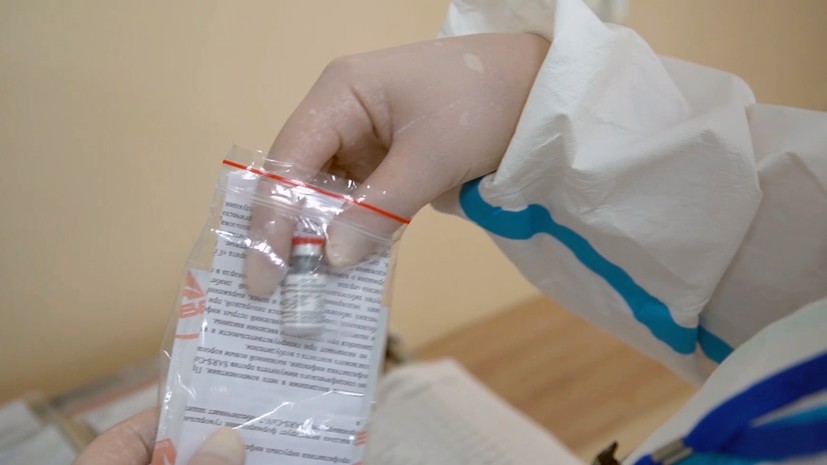The second phase of testing the Russian vaccine for coronavirus of the National Research Center for Epidemiology and Microbiology named after Honorary Academician N.F. Gamalei will end on August 3. This was told by the head of the RDIF Kirill Dmitriev.
“The second phase of the test of the Russian vaccine will be completed on August 3. Accordingly, we will immediately begin the third phase, ”RIA Novosti quoted him as saying.
Dmitriev added that the third phase involves testing the vaccine in ordinary people. It will be held in several other countries, including the Middle East.
“We expect regulatory approval to start using the Russian vaccine literally in August-September,” he said.
The RDIF suggests that the number of doses of vaccines produced from coronavirus infection in the Russian Federation in 2020 will be 30 million, if necessary 50 million.
Dmitriev noted that the complete vaccination of Russians against COVID-19 could be completed in early 2021.
Earlier, the director of the Gamaleya center, Alexander Gunzburg, said that he could not be vaccinated with a severe coronavirus infection.
“Yes, I don’t know how long, but you can’t get vaccinated in the near future for sure, because quite a lot of studies have already shown that they have good protective titers of antibodies to this virus that circulate in the blood,” he said.
Recall that tests of the Russian vaccine against coronavirus are carried out on volunteers in the Main Military Clinical Hospital named after N.N. Burdenko of the Ministry of Defense and at Sechenovskiy Medical University. On July 15, the first group of volunteers who tested the vaccine, consisting of 18 people, was discharged. According to the Ministry of Defense, their condition is good, there are no negative reactions.
Earlier, the Ministry of Health approved the coronavirus infection drug Coronavir, developed by R-Pharm.
According to the State Register of Medicines, “Coronavir” (international non-proprietary name - “Favipiravir”) has antiviral activity against laboratory strains of influenza A and B. It also inhibits the SARS-CoV-2 virus, which causes a new coronavirus infection (COVID-19).
In June, the Ministry of Health also registered a drug for the treatment of complications caused by COVID-19, Levilimab. It is intended for subcutaneous administration and is indicated for persons with a severe course of the disease who develop a cytokine storm - a condition in which the body attacks its own cells during the immune response, which in most cases can lead to death of the patient.
Also in June, the Ministry of Health approved the Arepromlir drug, Promomed, for the treatment of COVID-19.
In addition, on May 30, the first medicine in Russia against coronavirus infection called Avifavir was approved by the Ministry.
According to Kirill Dmitriev, RDIF expects to receive permission for outpatient treatment with patients with coronavirus by Avifavir in July.
“With regard to admission to pharmacies, we are awaiting the approval of a pharmacy application this month. We are working actively with the Ministry of Health of Russia, and a number of companies in the Russian Federation have provided evidence that this can be done, and the drug works well on an outpatient basis, that is, in a pharmacy mode, ”said Dmitriev.
He especially emphasized that the drug should not be used by pregnant women during pregnancy planning.
“Therefore, it is very important that when people get it in pharmacies, they will get it on prescription and the doctor must tell them that they will not plan a family while taking the drug,” he added.
In turn, the press service of the company "R-Pharm" reported that the drug "Coronavir" was sent to Russian hospitals.
“Seven thousand three hundred seventy-four packs of the labeled drug“ Coronavir ”went into civilian circulation from the R-Farm plant in Yaroslavl,” the company said.
On July 9, the head of the Ministry of Health, Mikhail Murashko, said that vaccination against coronavirus infection among Russians would be voluntary. He also drew attention to the fact that in almost all Russian regions a steady decrease in the incidence of COVID-19 was recorded.
Murashko also said that all patients who become ill acquire immunity to coronavirus, but its resistance depends on the severity of the disease: the more severe the course of the disease, the more stable the formed immunity.

